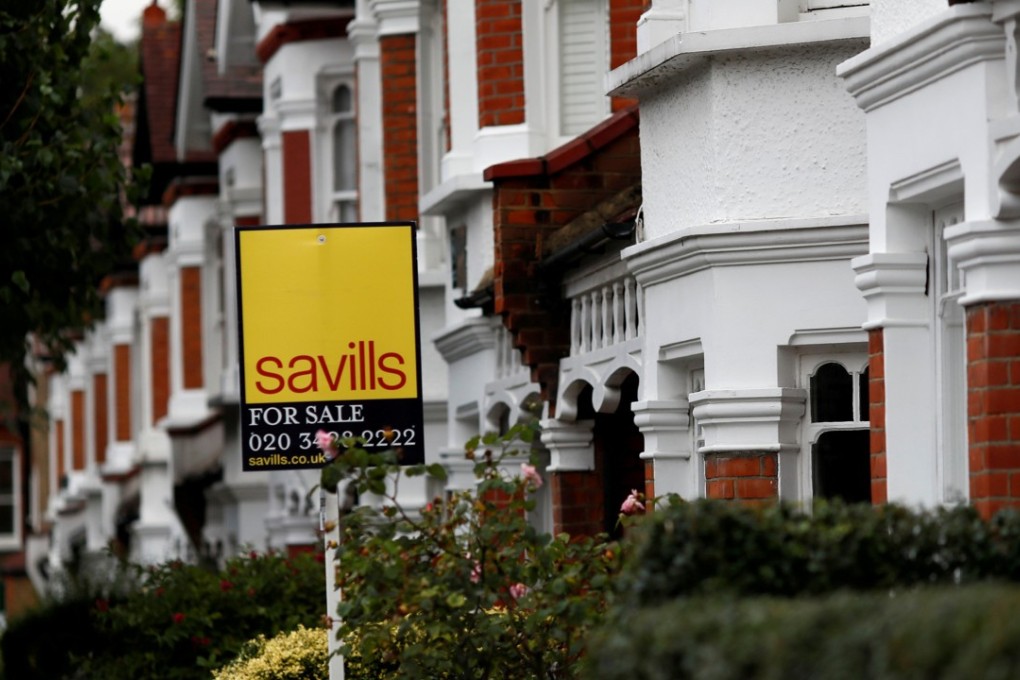UK house prices fall for first time in seven months, with London hit harder than other areas
Market weakens after a three-decade boom amid slower economic growth and uncertainty created by Brexit

UK house prices on Monday fell for the first time in seven months, as sellers adapted to the reality of a weaker market.
Asking prices slipped by 0.1 per cent in July from a month earlier, property website Rightmove said on Monday. In London, prices slipped by 0.5 per cent, with smaller apartments falling faster than bigger homes.
The reduction in asking prices can “be a sign of a falling market”, Rightmove director Miles Shipside said. “With more price reductions at this time of year than in any of the last six years, there is likely to be a combination of both initial overpricing and failure to react fast enough – or to reduce by enough – when initial buyer interest fails to lead to a sale.”
The British housing market is weakening after a three-decade boom amid slower economic growth and the uncertainty created by Brexit. London, where the average house price is more than double the national average, has been hit harder than the rest of the country. This month’s declines also reflect a normal summer slowdown in activity, according to Rightmove.
A separate report by Acadata showed UK house prices fell by 0.2 per cent in June. Most regions in the UK still have higher house prices than a year ago, the property services company said.
On an annual basis, Rightmove said house-price inflation slowed to 1.4 per cent in July from 1.7 per cent. In London, prices fell by 1.7 per cent from a year ago. The average UK asking price stood at 309,191 pounds (US$400,000).